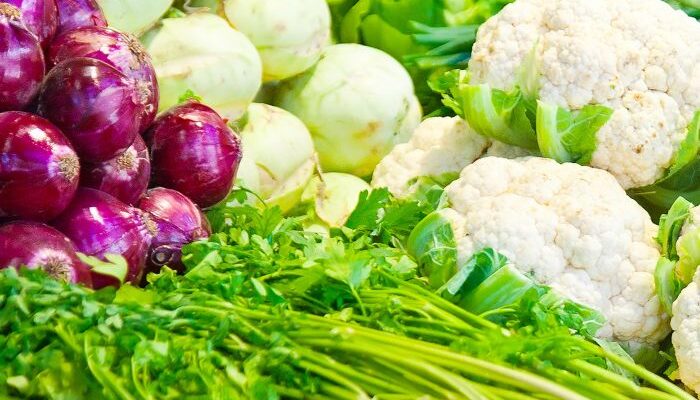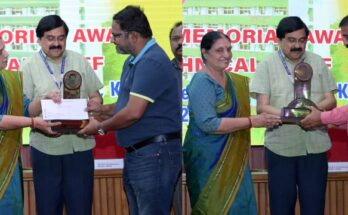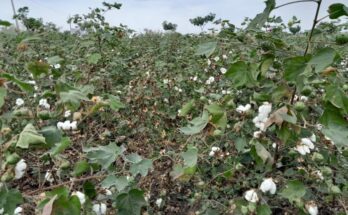Two students of final year B.Sc. (Hons.) Agriculture students at NMIMS School of Agricultural Science & Technology (SAST), Pawan Rajput and Manoj Mali, have published a patent titled “Chemical-Free Storage-cum-Selling Device for Enhanced Shelf Life of Fruits and Vegetables.” This groundbreaking invention showcases the innovative capabilities and practical knowledge of the students, highlighting the success of the systematic programme structure at the Shirpur (Dhule district) in Maharashtra-based SAST, the school said on Friday.
“The programme structure at SAST follows a comprehensive approach, focusing on fundamental education in the first year, applied aspects in the second year, technology aspects in the third year, and field training throughout the final year. During their third year, Pawan Rajput and Manoj Mali studied courses on post-harvest technology and food processing, where they identified the gaps in the storage, packaging, and processing of perishable fruits and vegetables,” NMIMS SAST informed.
You may also like to read – BioPrime Agrisolutions launches plant-microbes library to drive sustainable agriculture innovation
“Their realisation of the challenges faced by resource-poor small and marginal farmers, including price fluctuations and post-harvest wastage, during their village attachment programme in rural areas of Dhule and Jalgaon in Maharashtra, became the driving force behind their innovative idea. After extensive research and analysis of current practices, storage structures, and packaging materials, they developed a vacuum storage device design equipped with accessories that regulate temperature, inhibit microbial growth, and absorb undesirable gases,” the agricultural institutions further said.
“The design provides a controlled environment for stored produce, minimising decay, bacterial growth, and wilting. It incorporates natural and plant-based ingredients in the anti-microbial unit to prevent food spoilage caused by microbial contaminants. The device also features wheels for easy mobility and can be controlled through a user device via a mobile-based app, enabling real-time monitoring of temperature, pressure, and other parameters,” the school informed.
You may also like to read – Joha rice: Why it’s called the nutraceutical of choice in diabetes management?
“This notable achievement by these two students underscores the inspiring learning environment and curriculum at SAST, which emphasises classroom and field-oriented learning systems. The school’s principles of “Earn while Learn” and “Materialize the ideas” encourage an environment that nurtures scientific, entrepreneurial, sporting, and cultural talents among its students,” the institution said in a statement.
Dr. Mallikarjun Dhotre, Assistant Professor (Horticulture) at SAST, played a crucial role in providing technical support and moral encouragement throughout the development of the design. His guidance and expertise have been instrumental in the success of this invention.
“The patent, on chemical-free storage of fruits and vegetables, the publication stands as a significant milestone for SAST, highlighting the school’s commitment towards promoting innovation and disruptive technologies for the benefit of the farming community. This accomplishment sets a benchmark for future graduates and further establishes SAST as a leading institution in agricultural education and research,” the school concluded.





